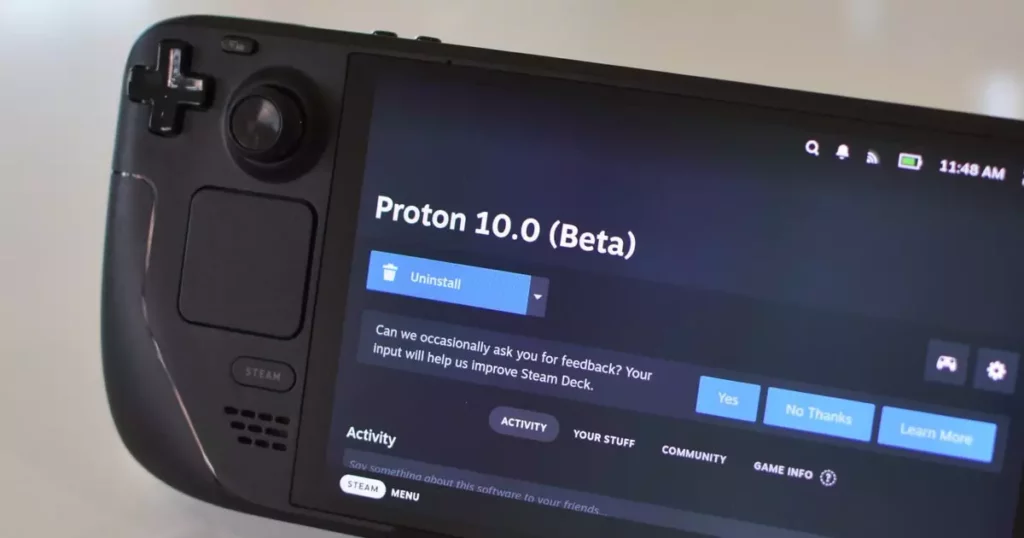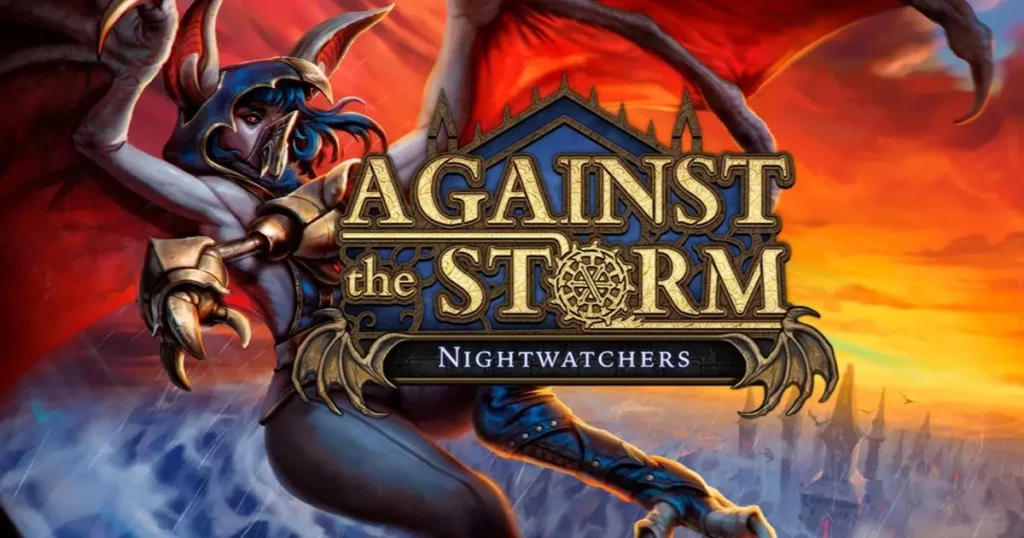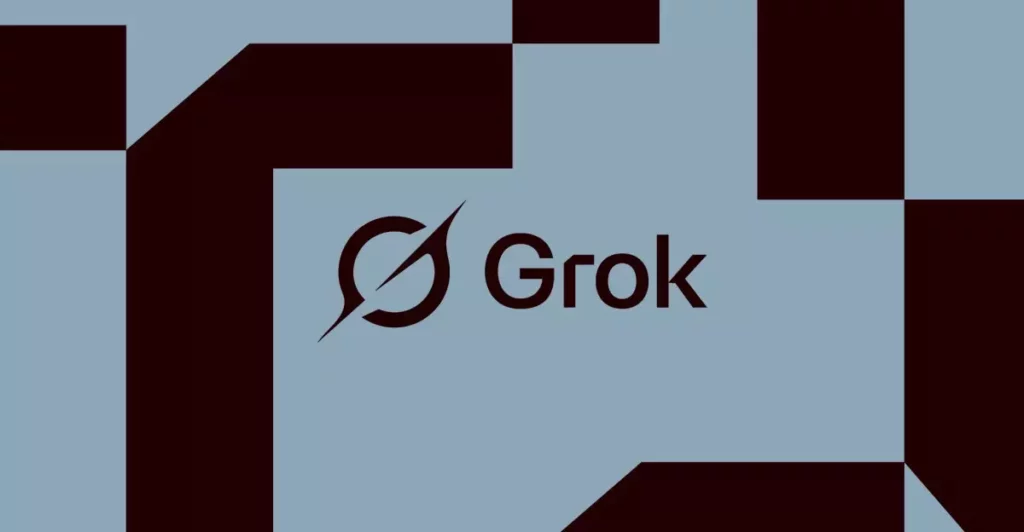The world of gaming has long been dominated by Windows, leaving a significant portion of the gaming community, particularly Linux users, in frustration. For years, Linux gamers have yearned for compatibility tools that grant them access to a myriad of popular titles that, for a long time, remained locked behind an impenetrable wall of coding and corporate interests. Enter Proton 10.0—a revolutionary update co-developed by Valve and CodeWeavers that signifies much more than a simple patch; it is the dawn of a new era in Linux gaming. This beta version brings hope and excitement, providing a path toward gaming freedom that has previously seemed so tantalizingly out of reach.
Proton’s commitment to breaking down these barriers is commendable. Historically, gamers have faced a host of technical errors, virtual walls that have kept them from immersive experiences with renowned games such as “Assassin’s Creed” and “Grand Theft Auto V.” Proton 10.0’s arrival means that these notorious compatibility issues are being tackled head-on, rejuvenating the notion that freedom in gaming can transcend operating systems. The implementation of fixes for high-profile titles elevates Linux from an outsider perspective to a legitimate contender in the gaming sphere.
Unlocking an Expansive Library for All
One of the most striking features of Proton 10.0 is its transformative impact on the Steam Deck—a device that has single-handedly revolutionized portable gaming. The gaming experience on this handheld console now stands poised for an upgrade, as previously unplayable titles are being reexamined for compatibility. The prospect of lining up cloud-gaming-like experiences on the Steam Deck amidst delays is exhilarating, particularly with beloved classics like “Batman: Arkham Asylum” now available for enjoyment. The inherently portable nature of the Deck coupled with the modernization of the software means that gamers can pack their favorites in a handheld format, providing endless functionality on the go.
The opening of doors that once appeared firmly closed signals a profound change for Linux gamers everywhere. Many new players may not realize how profound a shift this is. The high-demand titles that were once relegated to Windows platforms are now on the menu, making the Steam Deck not only an investment for casual gamers but a valuable machine that appeals to serious players as well.
Inclusivity Flourishes Beyond Handheld Devices
The pulse of the Linux gaming community beats beyond the confines of the Steam Deck; the desktop users have been craving consistency and performance just as fiercely. Proton 10.0’s enhancements are designed to cater to this audience, specifically targeting issues that frequently plagued gaming experiences on Intel GPUs. The creation of a more refined gaming environment not only delights desktop users but also fosters broader acceptance of Linux gaming as an essential segment of the ecosystem.
It’s refreshing to see such proactive steps taken to support various hardware configurations and performance levels. With so many gamers stuck in the outdated world merely defined by the Windows experience, Proton is poised to usher in a future where users can break free from the constraints of proprietary systems. The evolution of gaming on Linux speaks volumes about the future direction of gaming as a whole—an overarching movement towards inclusivity and performance across diverse platforms.
Grassroots Innovation Coupled with Official Stability
In an industry often mired in corporate bureaucracy, the energetic community surrounding Proton cannot be ignored. This grassroots spirit, exemplified by the alternative Proton GE builds, showcases how creativity and dedication can nourish innovation within the open-source landscape. While unofficial builds offer alternatives, the introduction of Proton 10.0’s official beta infuses a sense of stability that users can trust. This trust is vital for mainstream acceptance, as gamers increasingly seek reliable software solutions without the pitfalls of extensive troubleshooting.
The elegance of Proton 10.0 lies in how user-friendly it is. The integration of this beta version into the existing SteamOS framework minimizes the hassle of set-ups, inviting users to explore the world of gaming without confusion or overwhelm. Navigating this terrain—once fraught with complexity—has suddenly become less daunting thanks to updates that integrate seamlessly into one’s library.
The Future of Linux Gaming Is Here
Proton 10.0 occupies a crucial space in the narrative of Linux gaming, knitting together distinct communities while setting the backdrop for a thriving ecosystem that embraces innovation. As the beta version pushes towards a stable release, anticipation builds among users eager to harness its full potential. This isn’t just an update; it’s a pivotal moment in gaming history, representing a shift toward recognizing Linux as a significant player rather than an afterthought—an exhilarating prospect for the landscape of interactive entertainment.
With the potential for Linux gaming firmly established as an alternative force, gamers can now imagine a future where title availability expands dramatically, rekindling interest in experiences once relegated to the edges of the gaming community. The weight of Proton 10.0 cannot be overstated; it is nothing short of a clarion call for change, marking a decisive stand against the dominance of a singular operating system in a diverse and continually evolving world of gaming.









Leave a Reply